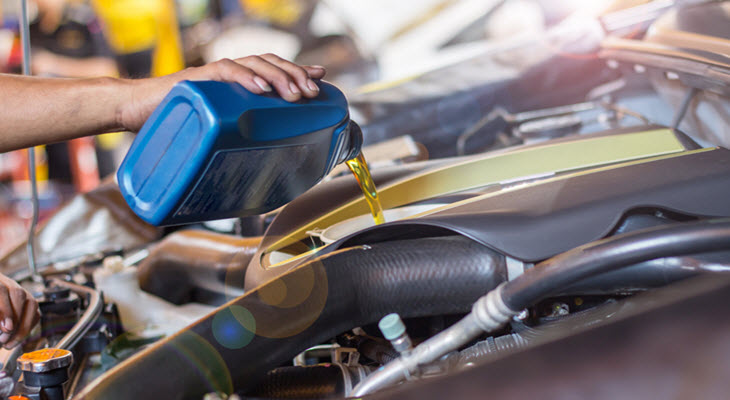Buying a used car can be a smart financial decision. It can save you money compared to buying a brand-new vehicle, and you may be able to get a reliable car that meets your needs at a lower price. However, before you hand over your hard-earned cash for a used car, it’s important to get a pre-purchase inspection.
What is a Pre-Purchase Inspection?
A pre-purchase inspection is a thorough examination of a used car by a qualified mechanic. During the pre-purchase inspection, the mechanic will examine the car from top to bottom, checking for any signs of wear and tear, damage, or other issues. They may use specialized tools to test the car’s systems, such as the brakes, suspension, and transmission. They may also check the car’s history report to see if it has been in any accidents or has a salvage title.
After the inspection is complete, the mechanic will provide you with a detailed report outlining their findings. They may also provide you with a list of recommended repairs or maintenance that you should consider before buying the car. Use this information to make an informed decision about whether or not to buy the car and how much you should be willing to pay for it.
Here are some reasons why getting a pre-purchase inspection is important:
It Can Save You Money in the Long Run
One of the most significant benefits of getting a pre-purchase inspection is that it can save you money in the long run. A mechanic can identify any problems with the car, such as a faulty transmission or engine issues, that may not be immediately apparent during a test drive or visual inspection. Knowing about these issues before you buy the car can help you negotiate a lower price or avoid buying a car that will require expensive repairs down the road.
It Can Help You Make an Informed Decision
A pre-purchase inspection can give you a better idea of the overall condition of the car and help you make an informed decision about whether or not to buy it. If the mechanic identifies significant issues with the car, you may decide to walk away and keep looking for a different vehicle. Alternatively, if the issues are minor or can be repaired easily, you may still choose to buy the car, but with a better understanding of what you’re getting into.
It Can Provide Peace of Mind
Buying a used car can be stressful, especially if you’re not a car expert. A pre-purchase inspection can provide peace of mind by letting you know that a professional has examined the vehicle and given it the all-clear. Even if the mechanic identifies some issues with the car, at least you’ll know what you’re dealing with and can make an informed decision about whether or not to proceed with the purchase.
It Can Help You Negotiate a Better Price
If the mechanic identifies issues with the car, you may be able to negotiate a better price. For example, if the car needs new brakes or tires, you could ask the seller to lower the price by the cost of those repairs. Alternatively, if the issues are more significant, you may decide to walk away altogether, or ask for a significantly lower price to compensate for the cost of repairs.
It Can Help You Avoid Buying a Lemon
A pre-purchase inspection can help you avoid buying a lemon – a car that looks good on the outside but has significant issues under the hood. Lemon laws vary by state, but in general, they provide legal protections for consumers who buy defective vehicles. However, pursuing a lemon law claim can be time-consuming and expensive, so it’s better to avoid buying a lemon in the first place by getting a pre-purchase inspection.
It Can Help You Plan for Future Repairs
Even if the mechanic doesn’t identify any significant issues with the car, a pre-purchase inspection can still be useful. The inspection can give you a better idea of when you’ll need to replace certain parts, such as the brakes or tires. This information can help you plan for future repairs and budget accordingly.
Pre-Purchase Inspections at P3 Autokrafte
At P3 Autokrafte, we understand the importance of providing high-quality automotive repairs and services for drivers on the road. Our skilled technicians are dedicated to keeping your car in top condition, offering thorough pre-purchase inspections that give you peace of mind. Whether you drive a German vehicle in Centerville, Springboro, Bellbrook, Lebanon or Mason, we’ll put your safety and satisfaction first. Give us a call or visit us today – you won’t regret having our experienced team take care of all your auto needs.
 7979 S Suburban Rd, Centerville, OH 45458
7979 S Suburban Rd, Centerville, OH 45458



